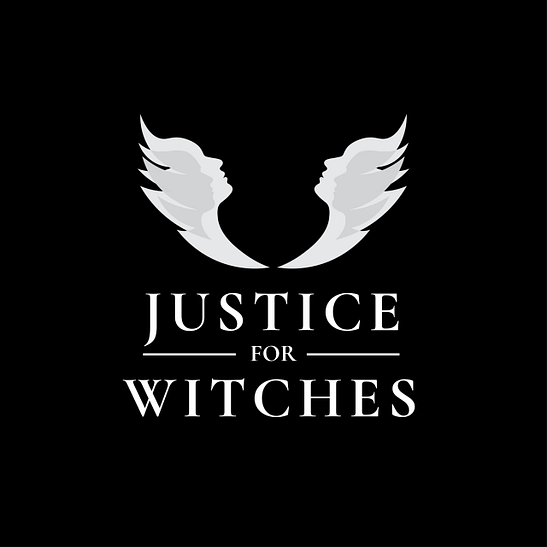
The Campaign for Posthumous Pardons for those Convicted In Great Britain Under the Witchcraft Acts Between 1542 and 1735
why your support matters
Misogyny Is Still Rife Today
More than 75% of the people convicted of practising witchcraft were women. Our campaign is also part of the fight for gender equality.
In 2022, whilst delivering her historical apology to the estimated 4,000 people accused of being witches in Scotland, former First Minister Nicola Sturgeon MSP hammered the point that the misogynistic attitudes used to justify the torture, incarceration, and execution of women more than 300 years ago in GB are still with us. In fact, statistics show that violence against women and girls is increasing.
A large proportion of the people who support the Justice for Witches campaign are women who feel enough is enough. Women have been fighting for equality for centuries - our campaign highlights this. By pardoning our historic witches, the UK Government has a perfect opportunity to formally acknowledge that our justice system has let women down. Pardoning our historic witches will be a clear demonstration of the government’s determination to serve women better and not repeat the mistakes of the past.
Witch- Persecution is not a thing of the past
In many countries today, people are still being labelled as witches and blamed for causing ill health and crop failure. These people are often beaten, removed from their communities, and in some circumstances murdered. This form of abuse is so widespread that in 2021 the United Nations passed a Resolution calling on member nations to deal with the growing problem of witchcraft accusations.
Witch-persecution is happening right now in the UK. In 2012 the Government published a National Action Plan to tackle child abuse linked to faith or belief – a somewhat hidden and underreported crime. CALFB is defined as belief in the following concepts: witchcraft and spirit possession, demons or the devil acting through children or leading them astray; the use of belief in magic or witchcraft to create fear in children to make them more compliant when they are being trafficked for domestic slavery or sexual exploitation; the use of children’s body parts to produce potent magical remedies.
As incredulous as it may first appear, many twenty-first-century people blame their misfortune on witches, just like people did in the early modern period. Child protection statistics from 2017/18 show councils dealt with an average of thirty cases of CALFB per week, which was an increase on the previous year.
By pardoning our historic witches – acknowledging that there was and is no justice or justification in abusing and executing people based on this type of unprovable belief – our Government can send a powerful, educational message to would-be perpetrators and cultures who promote this barbaric abuse of innocent children: belief is not justification for abuse.
Contact Justice for Witches
Get in touch!
Join The Community
If you would like to be notified about campaign updates, please follow us on Facebook
